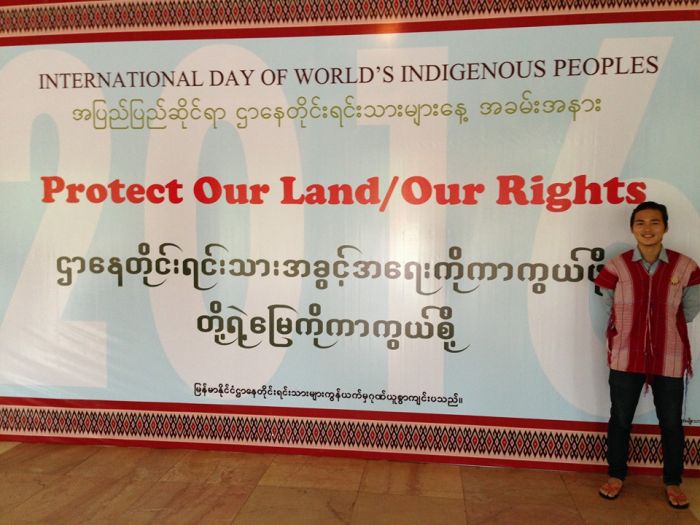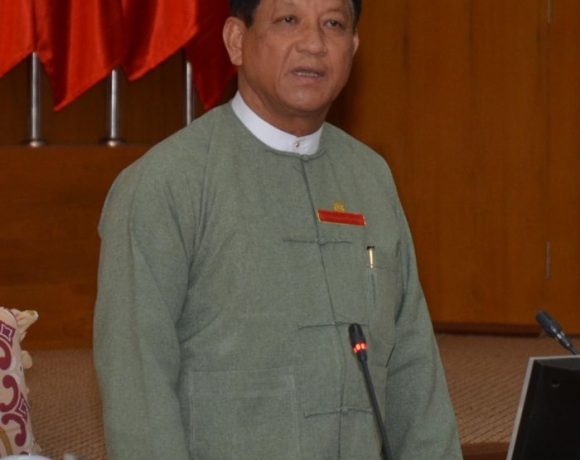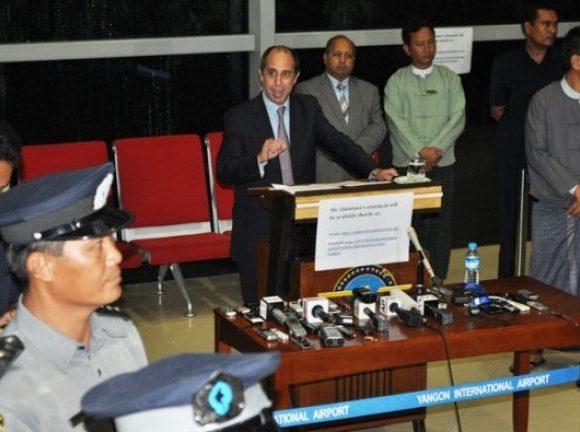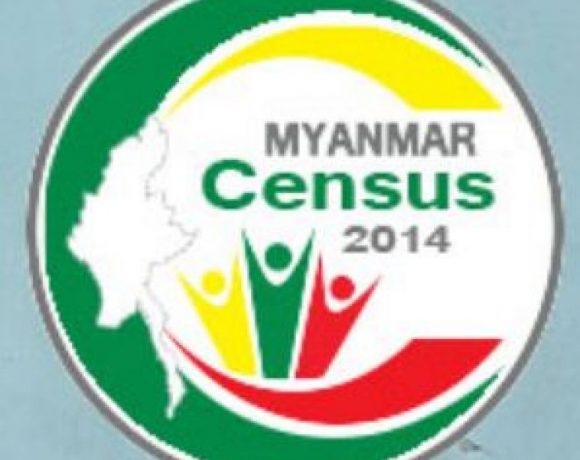Burma celebrates indigenous peoples’ day

11 August 2016 — A group of indigenous peoples in Burma organized an event at the National Theatre in Rangoon on Tuesday, celebrating the International Day of the World’s Indigenous Peoples.
It was the third time Burma, an ethnically diverse country of South East Asia, had celebrated the annual occasion focused on a UN theme “Indigenous People’ Right to Education” and Asia’s regional theme “Protect our land and our rights”.
More than 300 participants, including Nai Thet Lwin, Union minister of Ethnic Affairs, and 14 out of the 29 ethnic affairs ministers from the country’s Regions and States attended the event.
Union Minister Nai Thet Lwin said: “Our government is committed to the realization of national reconciliation, lasting internal peace and harmonious coexistence. Underlying this commitment is our government’s true desire to ensure equal rights and opportunities for all people in the Union of Myanmar.”
“The creation of the new Ministry of Ethnic Affairs signifies the great importance we attach to ensuring equal rights and dignity for the ethnic peoples in this country,”said the 75-year-old ethnic Mon politician of a new ministry created under the National League for Democracy-led government.
The Myanmar Indigenous Peoples/Ethnic Nationalities Network issued a statement urging the new government to take necessary measures to protect the rights of indigenous peoples in the country.
“The government urgently need to address the continuing violations of our collective rights as indigenous peoples, particularly our rights to our land, territories and resources which are the bases of our identity, wellbeing, dignity and collective survival and development,” said the group, formed in April 2014 and currently comprising over 20 indigenous member organizations.
They also put stress on the need for the government to first obtain the ‘free, prior and informed consent’ of the local indigenous communities when dealing with issues related to extracting natural resources in their areas.
Union Minister Nai Thet Lwin said: “We also recognize the need for special protection for indigenous peoples of this country and the need to put in place special measures to protect and promote our collective rights such as language, culture, and heritage, as well as other pertinent rights enshrined in national and international laws.”
Part of the 5-hour event was an entertainment with performances of traditional dances presented by various ethnic nationalities and a reception with traditional foods and drinks.
According to the network’s statement, the vast majority of indigenous peoples live in remote areas without adequate medical supplies, and health services and facilities, and support that meets their specific needs for educational development.
According to a statement by the Asia Indigenous Peoples Pact (AIPP), more than 200 million of the estimated 370 million indigenous peoples across the world are in Asia, of which the majority have no security over their lands and are not legally recognized as indigenous peoples, adding to their further discrimination, marginalization and exclusion.
Burma is home to over 100 different indigenous groups that make about 40 percent of the total population and inhabit about 57 perecent of the entire landmass.
The celebration created space for ethnic affairs ministers to gather together in the former capital for the first time since the installation of the new government and to have a first meeting with the Union ethnic affairs minister.
Lal Thawm Thang, Chin affairs minister in Sagaing Region, said: “I am very happy to be here with other ethnic affairs ministers celebrating this auspicious occasion together. Especially, I am pleased to have had a chance to meet and talk with the Union ethnic affairs minister.”
He said that the event had brought them together and that they would continue communication with each other and with the Union Ministry of Ethnic Affairs more closely in the future.
The Union ministry indicated that it would convene a meeting this year for all ethnic affairs ministers in the country to discuss and find effective solutions to address issues facing ethnic communities in different Regions and States.
In 2007, Burma voted in favour of the UN Declaration on the Rights of Indigenous Peoples (UNDRIP), an international instrument adopted by the United Nations on 13 September the same year.#






